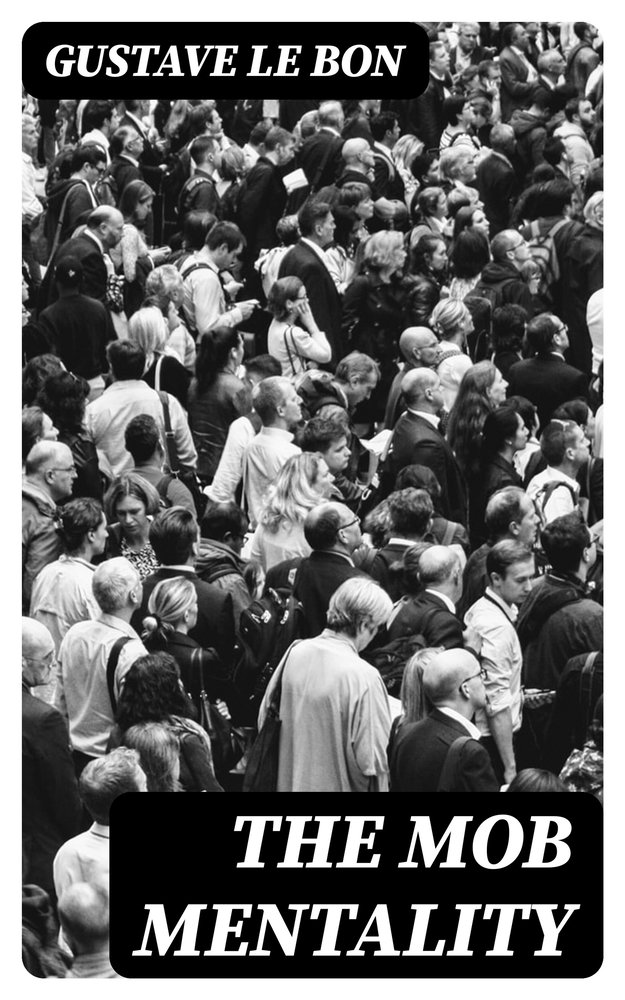Gustave Le Bon's 'The Mob Mentality' is a groundbreaking study on group psychology and crowd behavior. Published in 1895, this sociological work delves into the phenomenon of the collective mind, exploring how individuals lose their rationality when part of a group. Le Bon's compelling writing style and extensive research provide a detailed analysis of how this mob mentality can lead to irrational decisions and actions within society. The book is a significant contribution to the field of social psychology, shedding light on the complexities of human behavior in group settings. Le Bon's insight into the power dynamics within crowds serves as a cautionary tale for readers interested in understanding the influence of the collective on individual behavior. Through his meticulous observations and case studies, Le Bon offers valuable insights into the impact of group dynamics on human behavior, making 'The Mob Mentality' a must-read for those seeking a deeper understanding of social psychology and group behavior.


